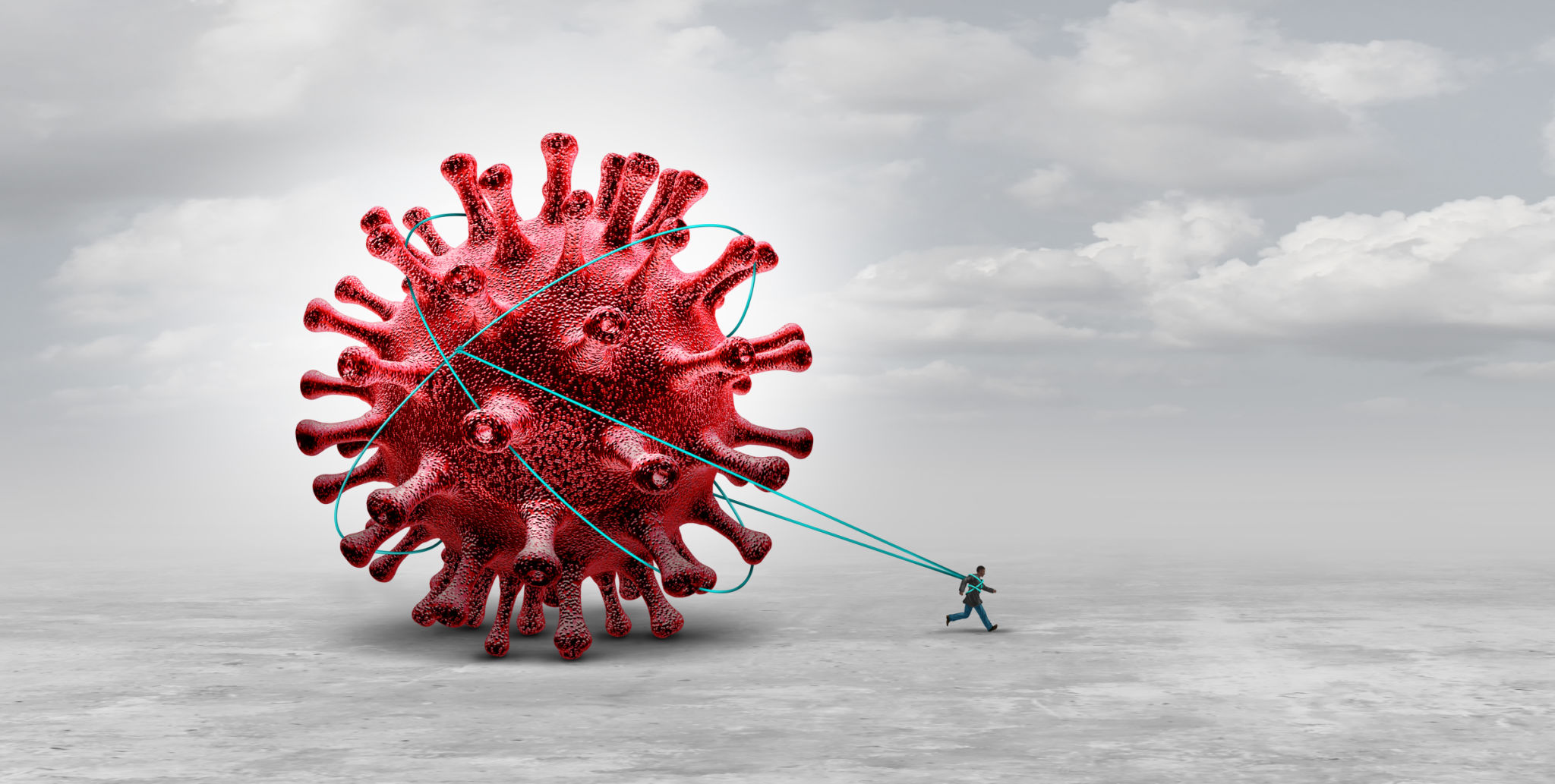Expert Insights: Innovations in Long Covid Treatments
Understanding Long Covid
The emergence of Long Covid as a significant health concern has prompted researchers and medical professionals to delve deep into understanding its complexities. Long Covid, also known as post-acute sequelae of SARS-CoV-2 infection (PASC), refers to a range of symptoms that persist for weeks or months after the acute phase of a Covid-19 infection. These symptoms can include fatigue, brain fog, respiratory issues, and more.
As the number of Long Covid cases continues to rise globally, the need for effective treatments becomes ever more pressing. The medical community is working tirelessly to develop and refine therapies that can alleviate these prolonged symptoms and improve patients' quality of life.

Innovative Therapeutic Approaches
One of the most promising areas of innovation in Long Covid treatment is the use of existing medications in new ways. Researchers are repurposing drugs that were initially designed for other illnesses to target the specific mechanisms of Long Covid. For example, certain anti-inflammatory drugs are being tested for their potential to reduce chronic inflammation observed in many Long Covid patients.
In addition to drug repurposing, personalized medicine is gaining traction. By tailoring treatments based on individual genetic profiles and specific symptom patterns, healthcare providers can offer more targeted and effective interventions. This approach not only enhances the efficacy of treatments but also minimizes potential side effects.

The Role of Rehabilitation
Rehabilitation plays a crucial role in managing Long Covid symptoms. Multidisciplinary rehabilitation programs, which may include physical therapy, occupational therapy, and cognitive training, are designed to address both physical and mental health challenges faced by patients. These programs aim to restore functionality and improve overall well-being.
Moreover, technological innovations such as telemedicine and digital health platforms are making rehabilitation more accessible. Patients can now engage in virtual therapy sessions, track their progress using digital tools, and receive continuous support from healthcare professionals without leaving their homes.

Nutritional and Lifestyle Interventions
Emerging evidence suggests that nutritional support and lifestyle modifications can significantly impact Long Covid recovery. A balanced diet rich in anti-inflammatory foods, such as fruits, vegetables, and omega-3 fatty acids, may help reduce inflammation and support immune function. Additionally, regular exercise, adequate sleep, and stress management techniques are essential components of a comprehensive treatment plan.
Many healthcare providers are now incorporating holistic approaches into their Long Covid treatment protocols, recognizing the interconnectedness of physical health, mental well-being, and lifestyle factors.
Future Directions in Research
The ongoing research into Long Covid is paving the way for future breakthroughs. Clinical trials are exploring novel therapies, including antiviral treatments specifically targeting residual viral activity hypothesized to contribute to persistent symptoms.
Moreover, studies examining the long-term effects of Long Covid and its impact on different populations are crucial for developing inclusive treatment strategies. By understanding how factors such as age, gender, and pre-existing conditions influence Long Covid experiences, researchers can create more comprehensive care models.

As our understanding of Long Covid evolves, so too will the innovations in its treatment. While challenges remain, the dedication of the scientific community offers hope for those affected by this condition. Through continued research and collaboration, effective solutions are on the horizon.